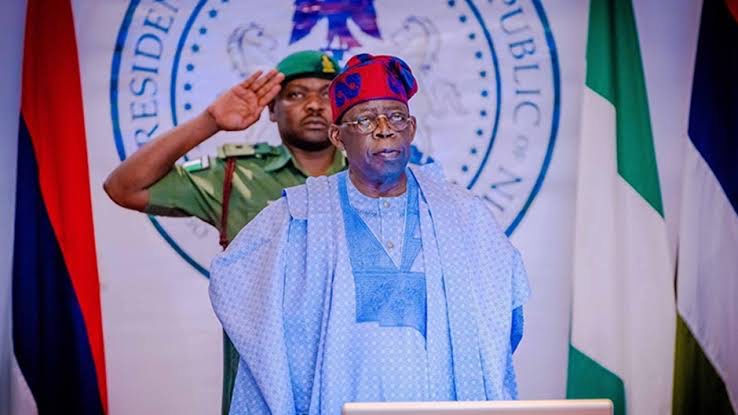Beyond the Streets: A Path to Good Governance in Nigeria
- August 6, 2024
- 38
- Society
Nigeria, Africa’s most populous nation, has grappled with the specter of bad governance for decades. The recent resurgence of protests, a fiery testament to the people’s discontent, underscores the urgency of finding a sustainable solution. While the streets have become a canvas for expressing collective frustration, it is imperative to recognize that true and lasting change will not be achieved solely through demonstrations. The most effective path to ending bad governance lies in the hands of those willing to engage directly in the political process.
Protests are undeniably powerful tools for galvanizing public opinion and forcing those in power to acknowledge pressing issues. They serve as a necessary catalyst for change, bringing attention to systemic failures and igniting a sense of collective action. However, the limitations of protest as a standalone strategy become evident when considering the complexities of governance. Demonstrations, while essential for raising awareness, often lack the capacity to provide concrete solutions or ensure their implementation.
To truly dismantle the structures of bad governance, a more strategic and comprehensive approach is required. This involves the active participation of good-hearted and competent individuals in the political arena. By occupying positions of power and influence, these individuals can effect meaningful change from within the system. It is a call to duty for those who possess the integrity, intellect, and courage to lead.
Building a pipeline of ethical and capable leaders is crucial. This necessitates investing in education, youth development, and leadership training programs. By empowering young people with the knowledge and skills to navigate the complexities of governance, we can cultivate a new generation of leaders who are equipped to tackle the nation’s challenges.
Moreover, it is essential to create a conducive environment for political participation. This includes strengthening democratic institutions, ensuring free and fair elections, and protecting the rights of citizens to engage in political discourse. By fostering a culture of civic engagement, we can empower the electorate to hold leaders accountable and demand good governance.
It is important to emphasize that this is not a call to abandon protests entirely. Demonstrations can serve as a powerful complement to other forms of activism. However, it is essential to recognize that sustainable change requires a multi-faceted approach that extends beyond the streets.
In conclusion, while protests are a vital component of democratic societies, they should not be seen as the ultimate solution to the problem of bad governance. To achieve lasting transformation, Nigeria needs good people to step forward and assume leadership roles. By engaging in the political process, building strong institutions, and empowering citizens, we can create a Nigeria where good governance prevails and the aspirations of its people are realized.









Add Comment